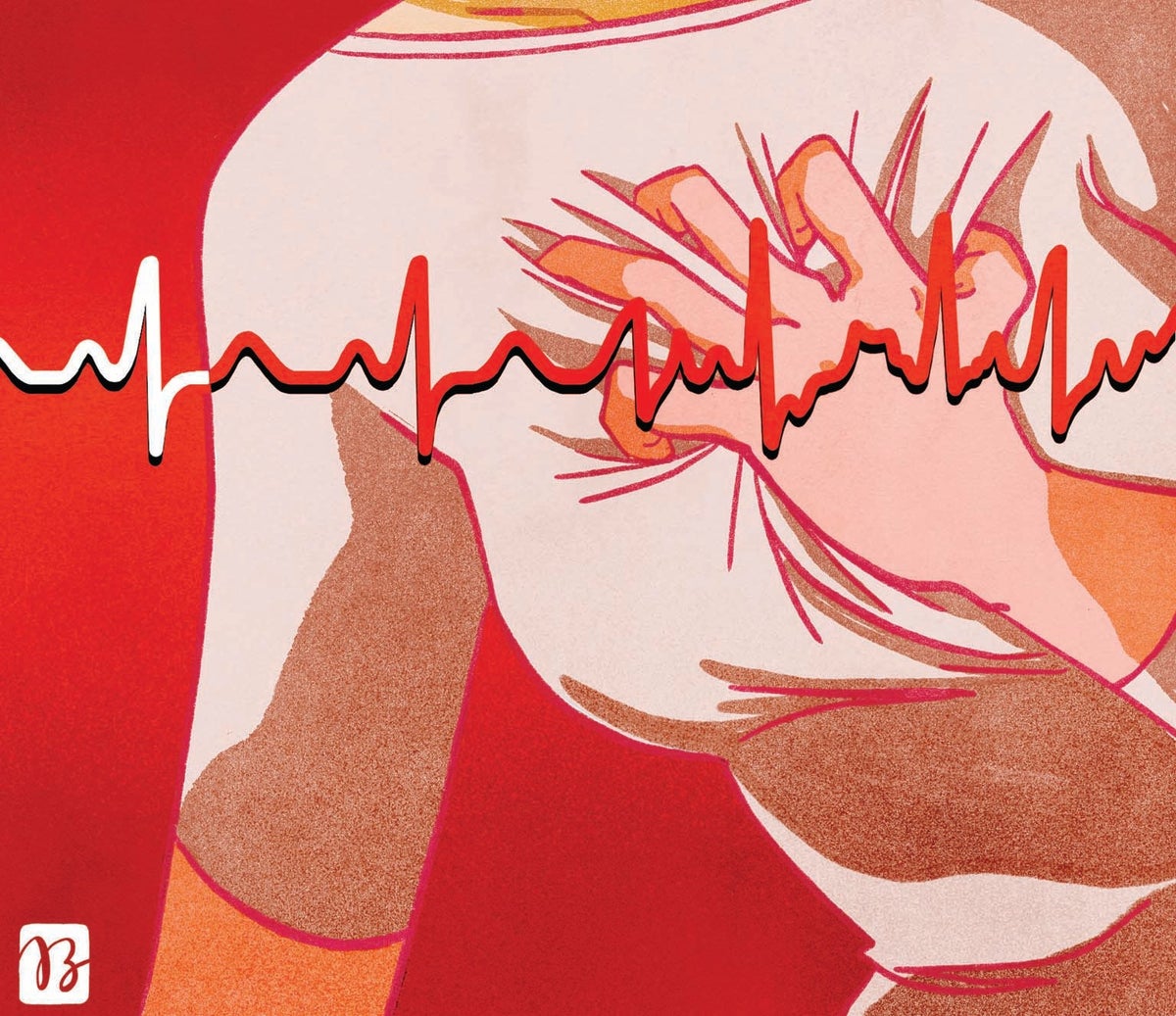A fluttering heartbeat called A-fib can lead to stroke, but smartwatches can detect it, and there are good treatments
…
Yet a third of people who have A-fib don’t know it. An episode can come and go quickly (paroxysmal A-fib), so people might feel tired or short of breath for a moment but recover and not go to a doctor about it. A 2023 study estimated that over a two-year period almost one quarter of cases will go undiagnosed.
A-fib occurs when electrical signals in the upper chambers of the heart—the atria—misfire. The resulting irregular heartbeat causes blood to pool instead of being pumped out to the lower chambers. In addition to its deadly consequences, A-fib can make people physically uncomfortable and limit their activities. “We’ve begun to appreciate the toll A-fib takes on the quality of life,” says cardiologist and electrophysiologist Mintu Turakhia of Stanford University.



Reading this on January 21st 2024 and realizing it was apparently written on February 1st 2024. Good to see those crazy, time traveling folks at Scientific American covering the leading edge of A-fib research.